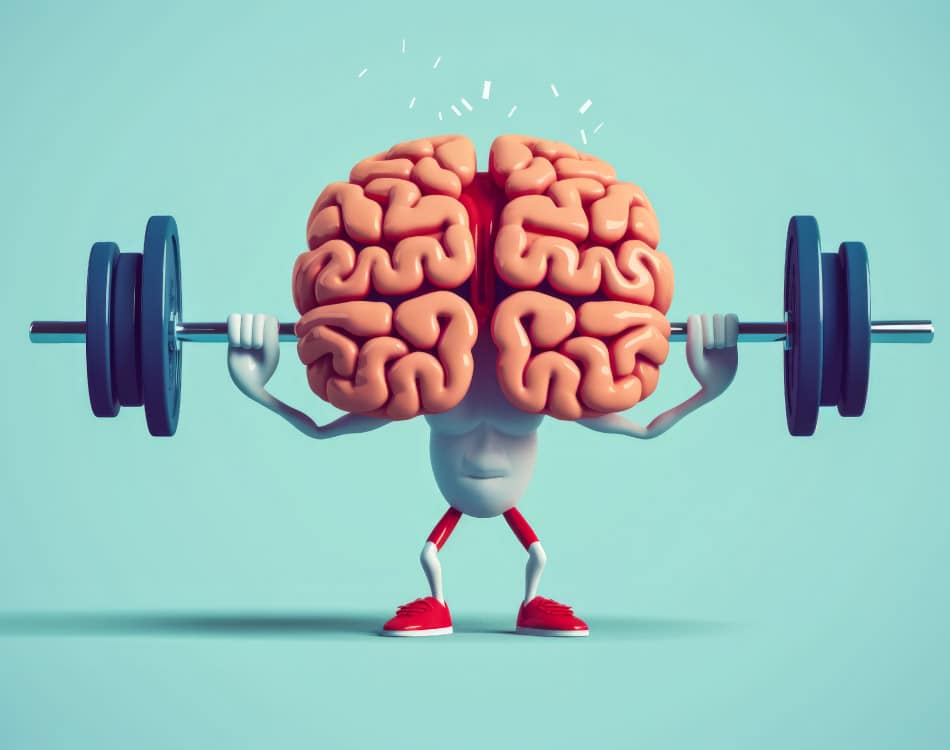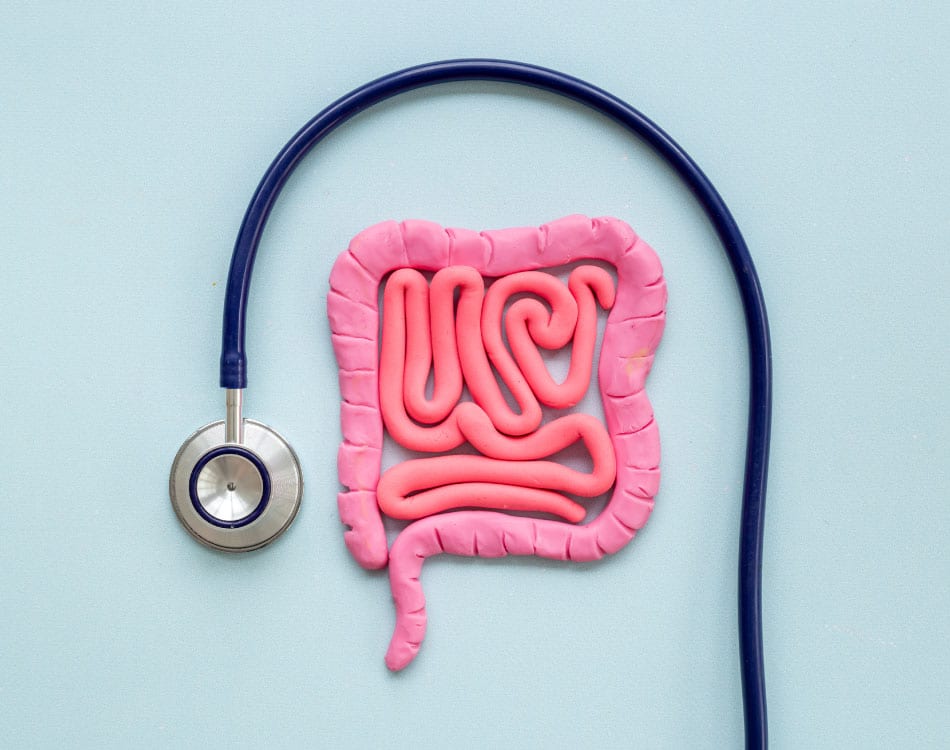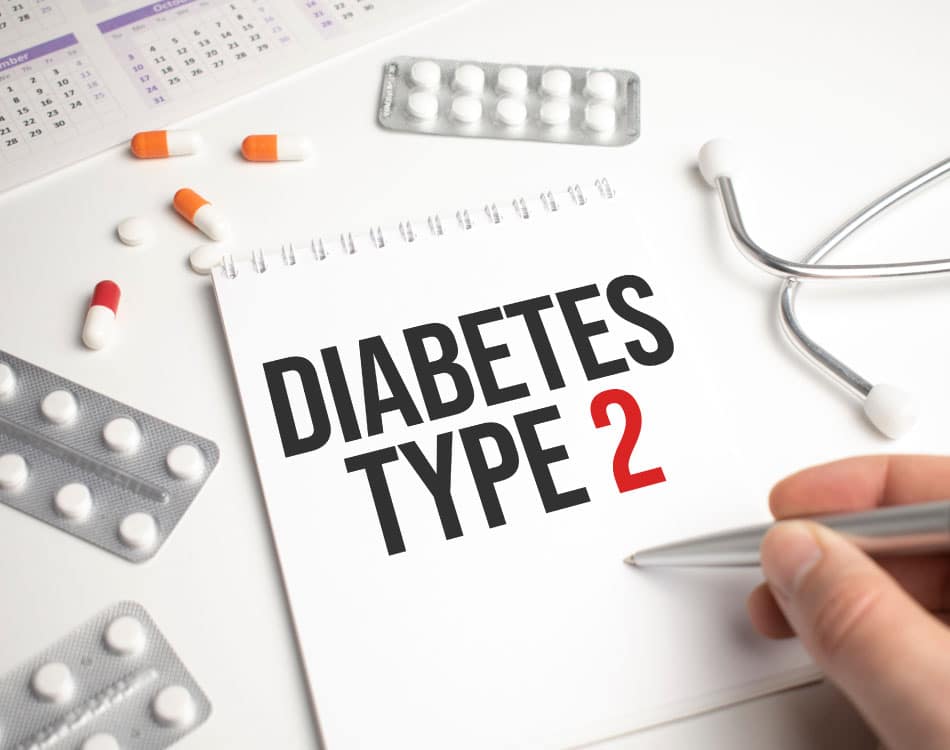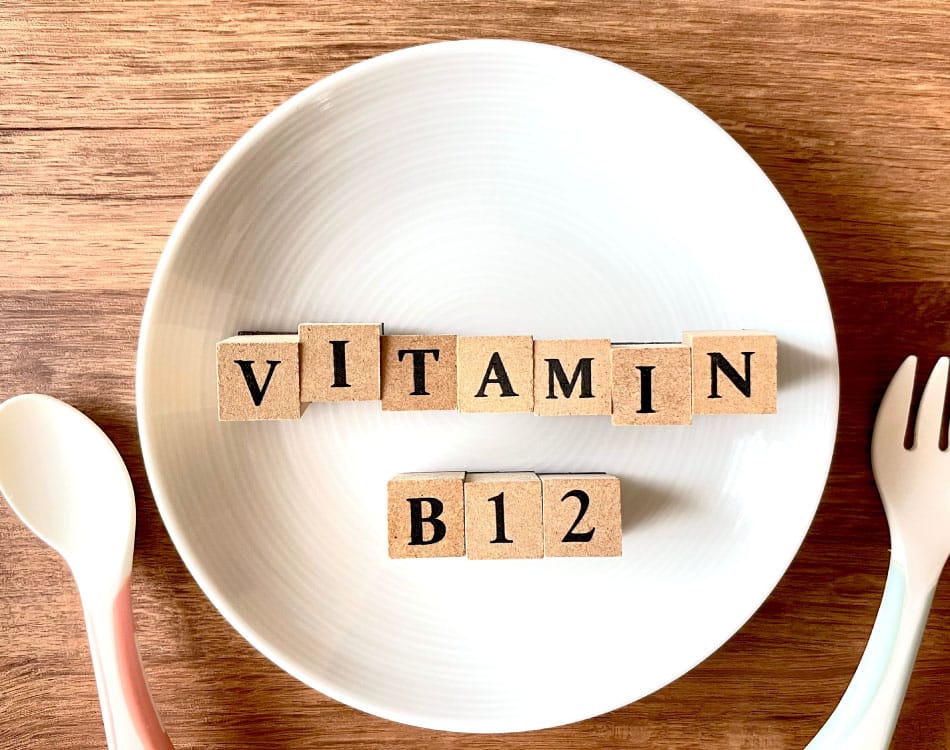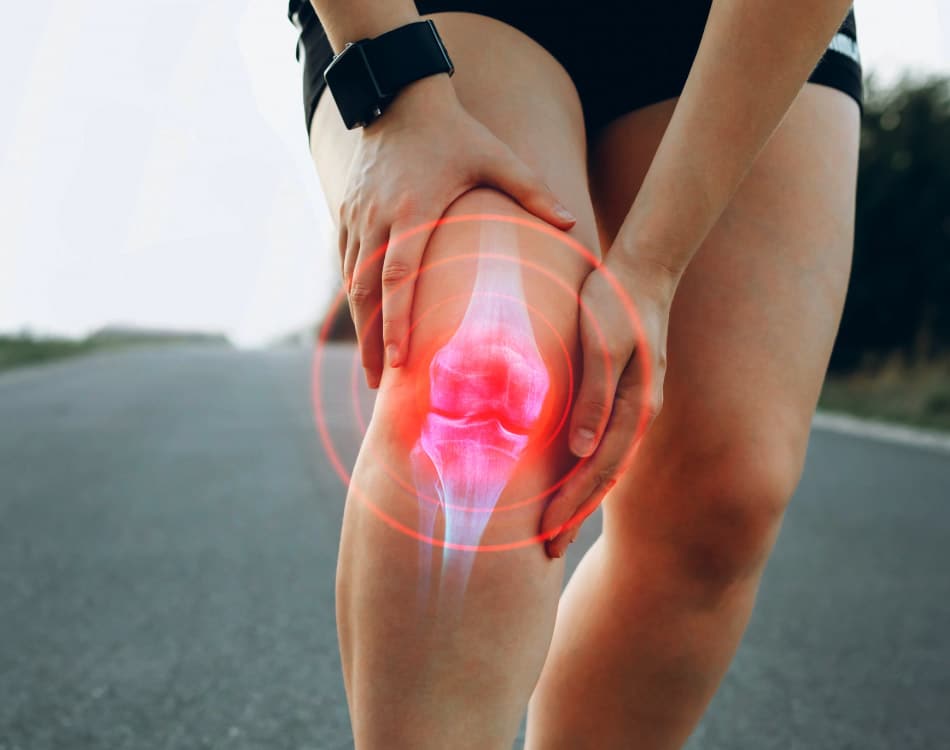For most, our active lifestyles aim to build better bodies and more muscle while others train to improve performance, compete, or simply exercise for the enjoyment, but there is also a mental benefit.
Whatever your reason for getting active, better health is a welcome side effect, but it’s not just good for the body, as your brain also benefits.
READ MORE | What Happens To Your Body When You Start Running?
Train your brain
In our fast-paced, always-on modern lifestyles, we’re more cognitively engaged more of the time, and our brains need to deal with more stressors in the forms of physical, environmental, emotional and lifestyle-related stress.
We’re also plagued by rising rates of mental disorders such as anxiety, depression, dementia, Alzheimer’s and Parkinson’s.
For these reasons, it’s worth considering how the right type and intensity of exercise could benefit your brain and mental state when constructing the next phase of your exercise plan.
READ MORE | Manage Stress And Improve Mental Health With These Supplements
Brain benefits
In the past, we were advised that the best way to ‘train’ the brain was to engage in some form of cognitive task that challenged the brain through complex problem solving or learning a new skill or language.
This helps to build and maintain the brain’s ‘scaffolding’ – the complex web of neurons that connect different parts of the brain and also improves overall brain function.
However, more recent research has shown that physical exercise also benefits the brain by changing both its structure and improving its function.
Numerous studies show that physical activity generally increases brain volume and boosts cognitive function, especially learning.
For example, a study1 published in the journal Frontiers in Psychology affirmed that “moderate intensity exercise is related to increased performance in working memory and cognitive flexibility, whereas high-intensity exercise improves the speed of information processing.“
Other studies2 show that running improves brain plasticity by significantly increasing the number of new neurons that connect cells in a wide array of important areas of the brain, particularly in the temporal lobe, the pre-frontal cortex, and the hippocampus.
READ MORE | 5 Reasons To Start Running
Feel the rush
Regular exercise, particularly aerobic exercise, releases various substances including endocannabinoids and endorphins, the ‘feel-good’ hormones such as serotonin and dopamine that lead to the so-called runner’s high.
This effect is associated with a drop in stress hormone levels, which helps to improve mood and combat depression.
READ MORE | Stop Stressing Out! Exercise To Manage Stress In Today’s Hectic Lifestyle
Arrest cognitive decline
Studies3 also show how regular exercise can help reduce age-related decline cognitive function by improving the function of both grey matter – the active brain cells – and the white brain matter that connects areas of grey matter together.
And exercise augments adult neurogenesis4 – the creation of new brain cells in an already mature brain.
This effectively means that exercise not only slows the natural age-related decline of brain tissue, but it can also improve brain function by generating new tissue and connections.
Numerous factors help exercise improve brain function. These include improved insulin sensitivity, reduced inflammation, and the release of growth factors, all of which positively affect the health of brain cells. Exercise also improves blood flow to the brain by creating new blood vessels, and learning new movement patterns helps to create and maintain neural pathways.
References
- Mandolesi L, Polverino A, Montuori S, Foti F, Ferraioli G, Sorrentino P, Sorrentino G. Effects of Physical Exercise on Cognitive Functioning and Wellbeing: Biological and Psychological Benefits. Front Psychol. 2018 Apr 27;9:509. doi: 10.3389/fpsyg.2018.00509. PMID: 29755380; PMCID: PMC5934999.
- Vivar C, van Praag H. Running Changes the Brain: the Long and the Short of It. Physiology (Bethesda). 2017 Nov;32(6):410-424. doi: 10.1152/physiol.00017.2017. PMID: 29021361; PMCID: PMC6148340.
- Barnes JN. Exercise, cognitive function, and aging. Adv Physiol Educ. 2015 Jun;39(2):55-62. doi: 10.1152/advan.00101.2014. PMID: 26031719; PMCID: PMC4587595.
- Schoenfeld TJ, Swanson C. A Runner’s High for New Neurons? Potential Role for Endorphins in Exercise Effects on Adult Neurogenesis. Biomolecules. 2021 Jul 21;11(8):1077. doi: 10.3390/biom11081077. PMID: 34439743; PMCID: PMC8392752.

